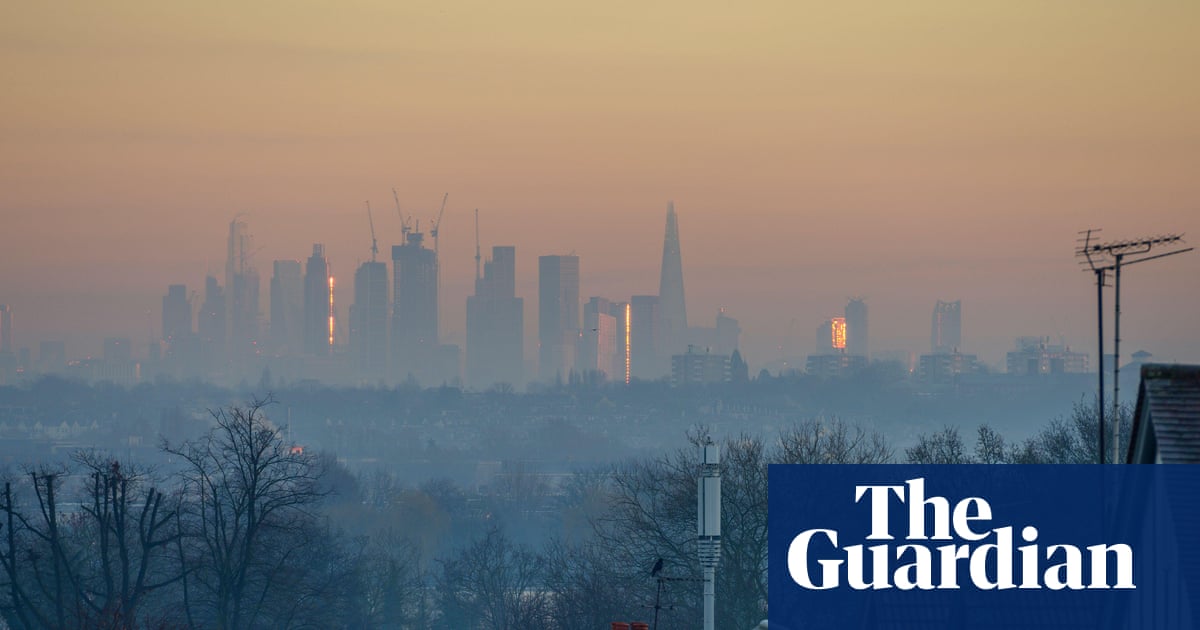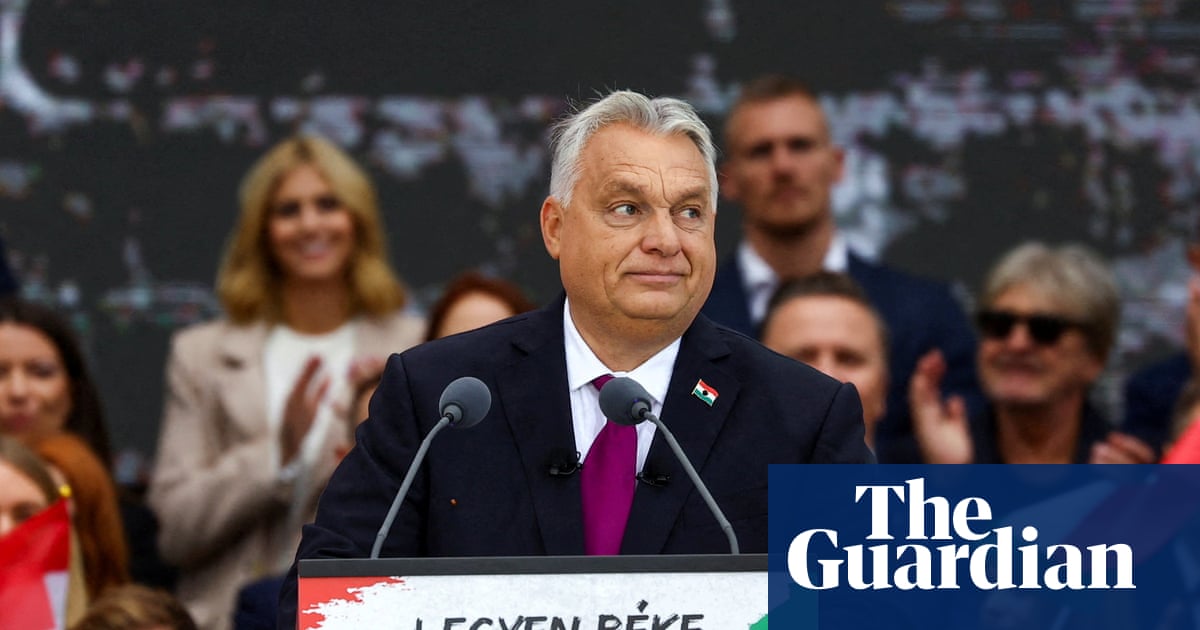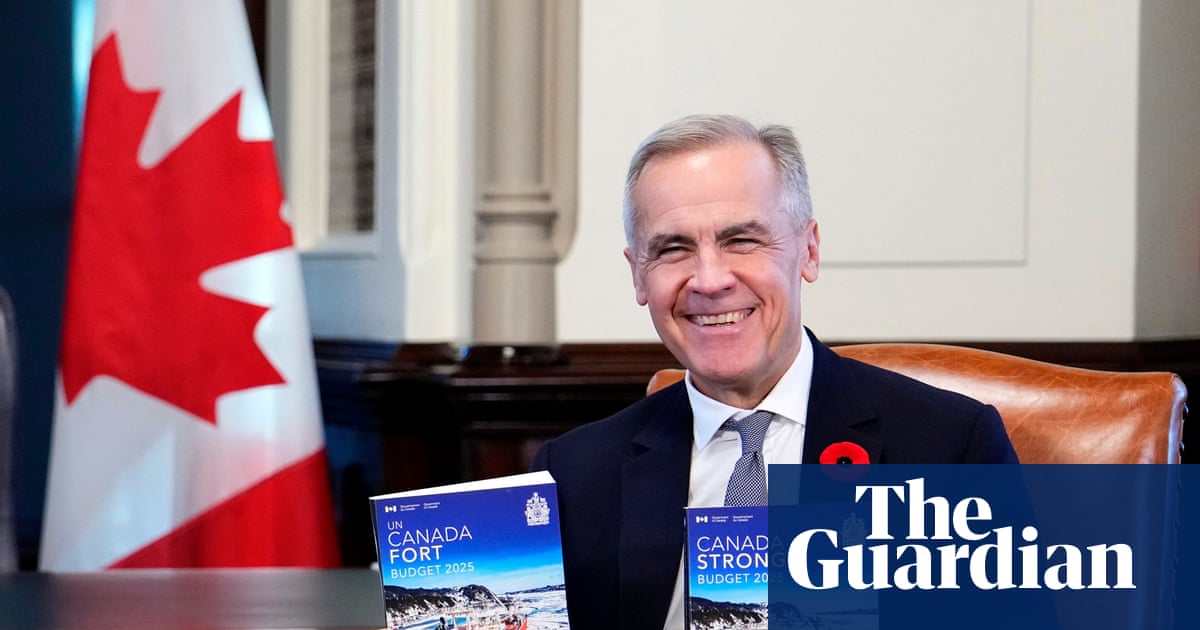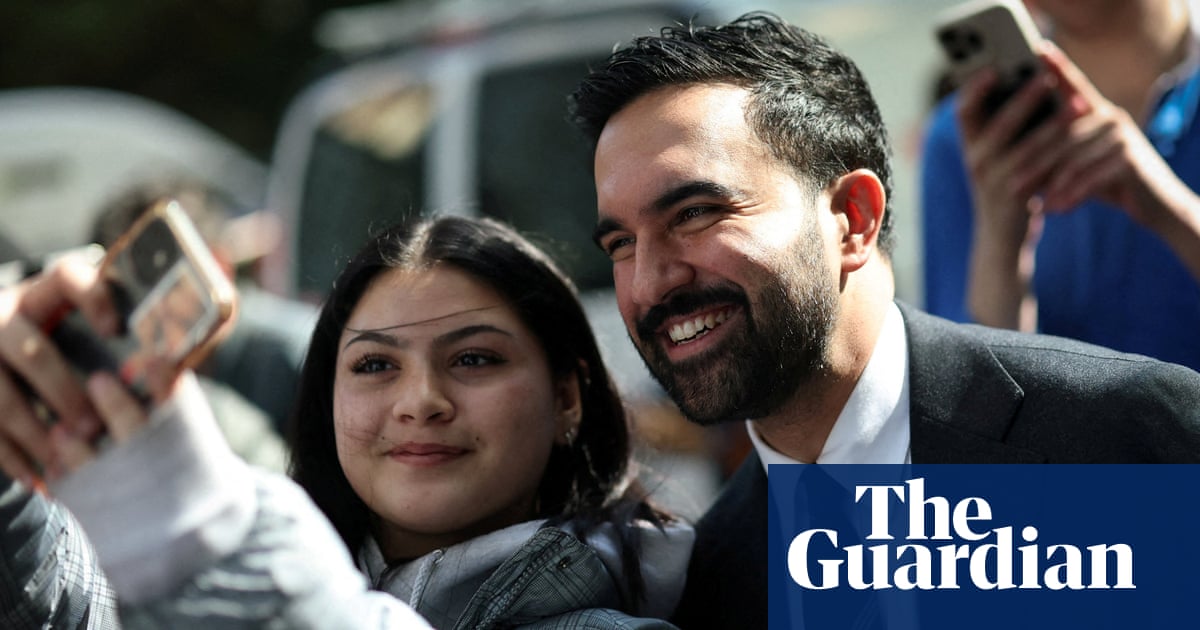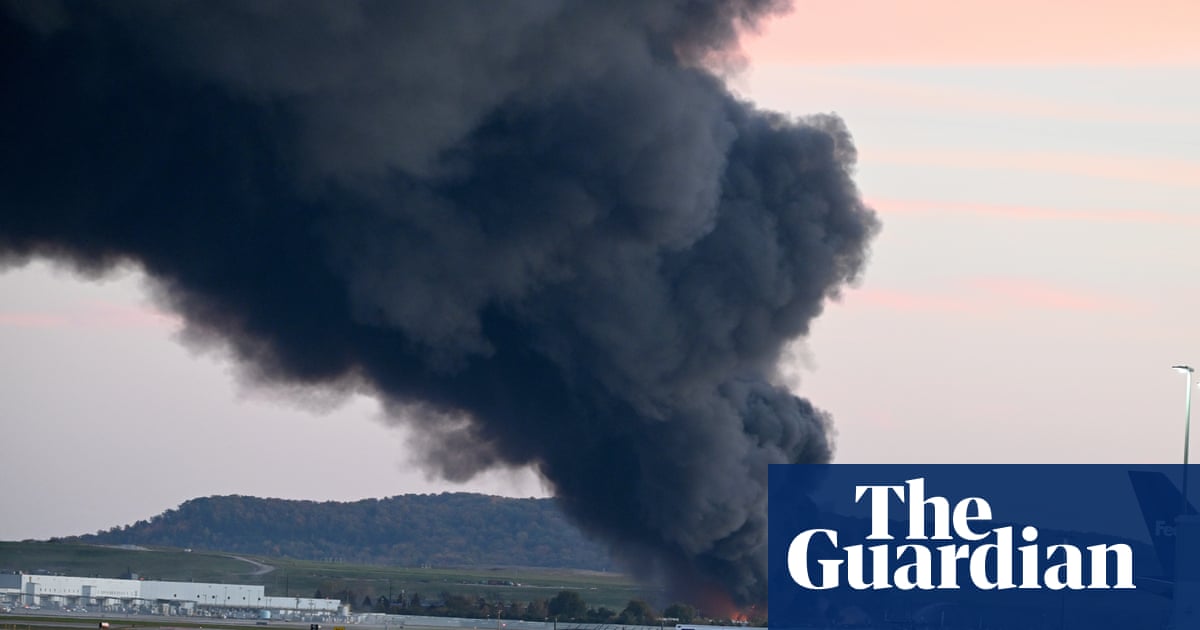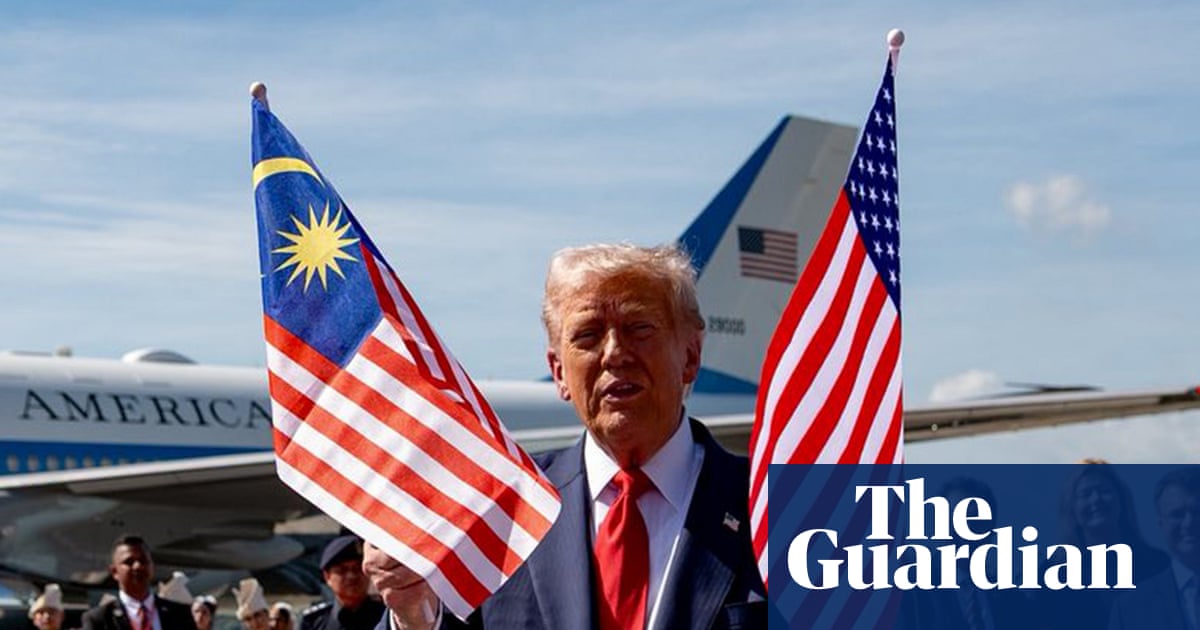“Why does the PM insist on blowing up any deal that comes close?” despaired the mother of a hostage held in Gaza, following Israel’s airstrike in Qatar on Tuesday. For anyone who doubted Benjamin Netanyahu’s commitment to the forever war he unleashed after 7 October, the attempt to wipe out Hamas’s ceasefire negotiation team in Doha offered grim confirmation that peace – and the return of Israeli hostages – is low on Mr Netanyahu’s list of current priorities.
Just how close Hamas’s leadership was to endorsing ceasefire proposals backed by Donald Trump – which were being discussed in the capital of an established US ally – is unclear. However, Mr Netanyahu’s strike has ensured that its negotiators will not agree to sit round a table again anytime soon. Israel swiftly stated that the attack was in response to the Hamas-claimed shooting in Jerusalem on Monday, in which six people died. But it also occurred as the Israeli military ordered the complete evacuation of Gaza City, ahead of a full-scale invasion that will bring further death and destruction to a starving, traumatised population.
It could not be plainer that ending the suffering is not compatible with the goals of Mr Netanyahu, and the far-right allies on which his government depends. But faced with such contemptuous intransigence – and growing evidence that those goals include establishing a “Greater Israel” stretching beyond 1967 borders – the west’s response is pusillanimous and painfully inadequate.
As Mr Trump issues ignored deadlines and empty exhortations to peace on social media, Mr Netanyahu is deploying US-derived military might to act with impunity, unilaterally striking targets when and where he wishes. Yet though the president criticised Israel after Tuesday’s attack for violating the sovereignty of a US ally, he also made a point of approving the general aim of eliminating Hamas. For Mr Trump, it appears that there are no truly red lines for Israel’s extremist government to cross.
Against that alarming and dangerous backdrop, it is imperative that Sir Keir Starmer and other European leaders seek to exert greater pressure both on Washington and Israel itself. Before controversially meeting the Israeli president, Isaac Herzog, on Wednesday, Sir Keir loftily insisted that abandoning diplomatic efforts towards a lasting peace deal would amount to “student politics”. But Israel’s attempted assassination of participants in that process, in Doha this week, should lend a certain perspective on the value of words alone.
As a recent report by MPs on the foreign affairs select committee concluded, Britain must be far bolder and tougher in the measures it is willing to take to isolate a government whose war crimes are taking place in plain sight. The European Union must also follow up familiar rhetoric with consequential action, designed to deliver a meaningful economic impact. Ultimately, only the US can force Israel’s prime minister to bring his genocidal campaign in Gaza to an end. But Europe’s passivity has played its part in strengthening Mr Netanyahu’s conviction that he can shape the Middle East’s future according to the extremist designs of his far-right cabinet colleagues.
Formal recognitions of Palestinian statehood, some of which will take place at this month’s United Nations general assembly, carry a welcome symbolism. But as Mr Netanyahu’s bombs destabilise the wider Gulf region, Gaza’s civilian population braces for the worst once again, and the effective annexation of parts of the West Bank continues, symbolism is not nearly enough.

 1 month ago
46
1 month ago
46
